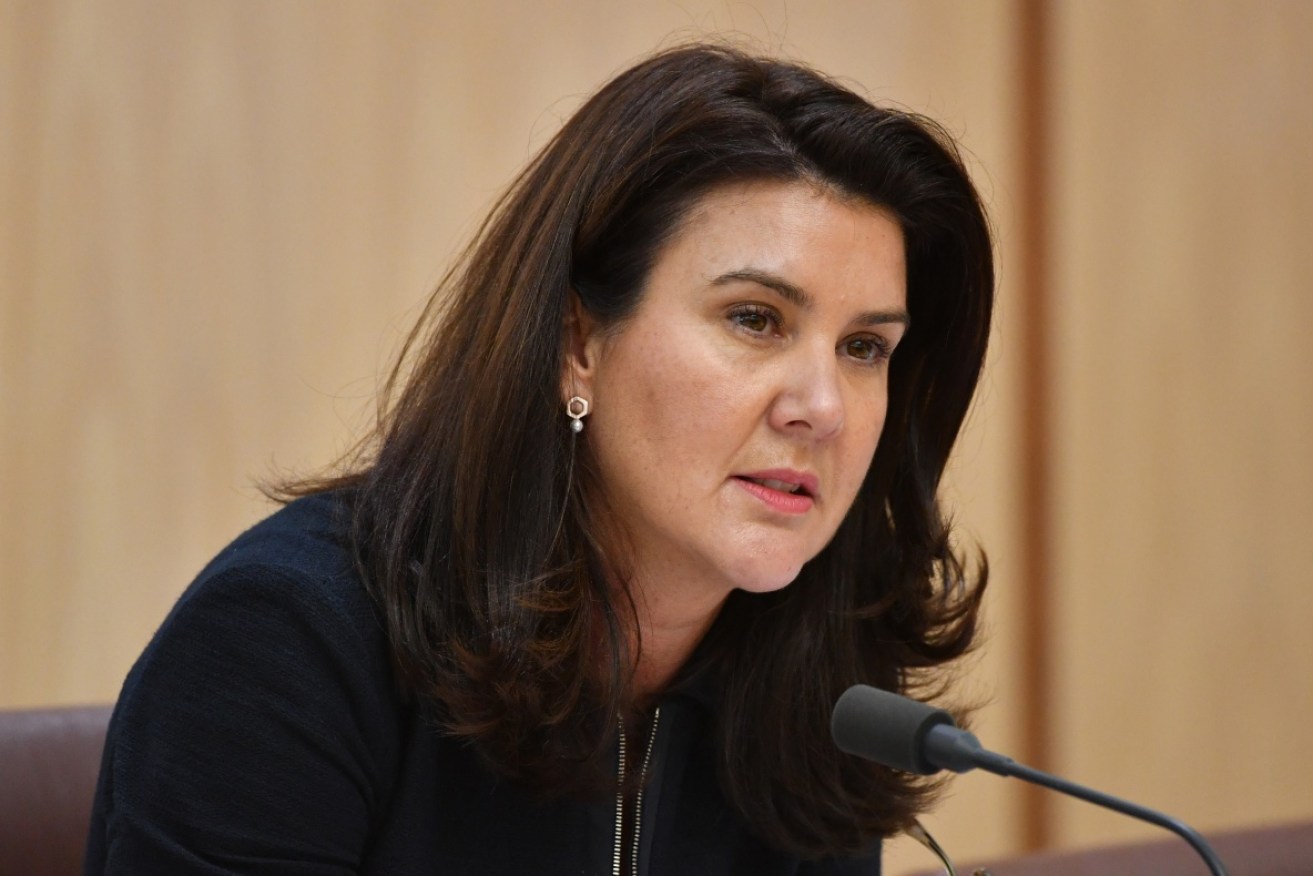Liberal Senator pushes to scrap $450 super threshold

Shadow finance minister Jane Hume is unimpressed by proposed changes to superannuation legislation. Photo: AAP
There is a glimmer of hope that the Turnbull government will heed calls from Labor and industry super funds to abolish an outdated superannuation rule that punishes casual workers.
Currently, bosses are only required to pay the 9.5 per cent superannuation guarantee if their workers earn at least $450 a month from ordinary hours (not including overtime). This hurts the retirement savings of low-paid Australians, especially women working multiple jobs who might earn more than $450 overall, but less than that from each employer.
A Senate committee chaired by Labor recommended on May 2 that the $450 threshold be scrapped.
In a dissenting report, the committee’s Liberal deputy chair, Senator Jane Hume, acknowledged the issue was “important” and urged the government to “examine it in the near future”. However, she said the recommendation was beyond the scope of the inquiry’s terms of reference.
Senator Hume has since given an interview to News Corp on Monday where she appeared to toughen her position. This time she said the rule needed “urgent attention”.
It could be a sign that there is growing support within the Coalition for reform.
“It is increasingly common for individuals to earn income from multiple jobs. This means a growing number of workers who overall earn significantly more than the $450 per month threshold receive no superannuation guarantee payments, because the obligation was never triggered for any of their employers,” Senator Hume told The Australian.
A wide range of interest groups, including Industry Super Australia, Anglicare, the National Foundation for Australian Women, Women in Super and the CFMEU, have called for reform on the issue.
Industry Super Australia warned the Senate that some employers deliberately roster staff to keep them under the $450 threshold, or pay them higher rates of overtime (as money earned from overtime does not count towards the $450 threshold).
Likewise, the National Foundation for Women said in its submission that it had reports of female workers “being employed by several different employers in the same industry, with each employer limiting the hours so that the work remains under the monthly threshold”.
Women in Super, an advocacy group with ties to industry funds, told the committee that women were disproportionately hurt by the $450 threshold because they make up the majority of casual and part-time workers.








